UK offshore wind project pipeline at risk from infrastructure and supply chain bottlenecks
The UK risks missing its offshore wind targets because of infrastructure and supply chain bottlenecks, says a new industry report.

The UK risks missing its offshore wind targets because of infrastructure and supply chain bottlenecks, says a new industry report.

UK households could save almost £400 a year on heating bills with a heat pump if electricity costs were reduced, analysis has found.

An agreement between US and South Korean firms will speed up the deployment of advanced small modular reactors (SMRs) to meet the growing power demands of Amazon’s data centres and AI operations.
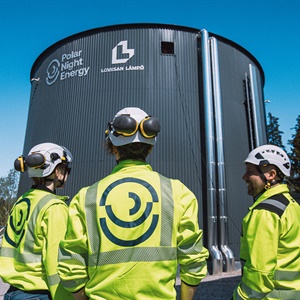
Located in the southern town of Pornainen, the sand battery will meet the heating needs of the district with a high-temperature

Nauticus Robotics has sent an autonomous underwater vehicle to depths of 2,300 metres ahead of plans to launch a commercial service for monitoring infrastructure in the deep ocean.

A type of automatic chest compression is more effective for carrying out CPR in space than the ‘handstand method’ currently recommended in emergency protocols, researchers have said.
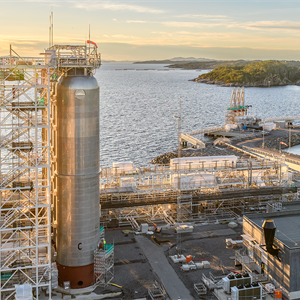
Captured CO2 is being injected into a huge reservoir 2,600 metres under the Norwegian seabed for long-term storage.
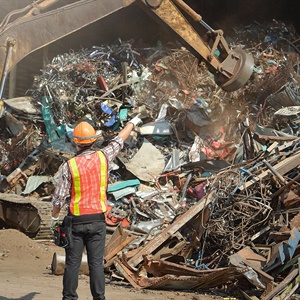
Proposals to limit the export of UK scrap steel have been rejected by metal recyclers, who warn it could endanger thousands of jobs and cost up to £5bn in economic activity.

Space-based solar power generators could reduce Europe’s need for land-based renewable energy by up to 80%, a study has found.

More than 2,000 properties across London are pumping raw sewage into rivers due to drainage misconnections, according to a BBC report.

HS2 has moved a 112m long, 1,631 tonne steel bridge into place over Lawley Middleway in Birmingham after constructing the whole structure on a separate, nearby site.

AP Moller Holding’s plastics plant, due to open in 2028, will use green methanol to produce approximately 300,000 tonnes of fossil-free virgin plastics per year.

Engineers have developed modular robots that can assemble into structures in situ to make temporary bridges or structures depending on the task at hand.

Simulations produced using an exascale supercomputer are enabling researchers to predict when an earthquake is likely to happen

A Great Western Railway (GWR) battery-electric train has set a new record, travelling 200 miles on a single charge.

Plans to store Britain’s nuclear waste deep underground have been labelled as ‘unachievable’ by the Treasury.
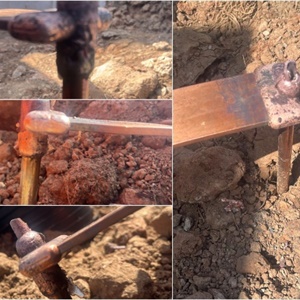
Green Engineering Ltd were appointed to deliver a new 33,000-volt electricity substation in Totmonslow, Staffordshire.
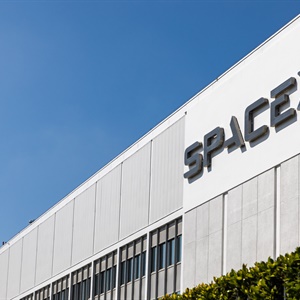
The US Federal Aviation Administration has closed its investigation into SpaceX's Starship failures in May and June, givin

The Department for Environment, Food & Rural Affairs has announced environmental planning reforms backed by £500m.

Join us for a 45-minute thought leadership webinar where industry experts explore how engineering and asset management teams are navigating the rising complexity of asset information.

A detection system for orbital debris could provide early warnings to allow spacecraft and satellites to move away from the point of impact and inform teams on the ground when they are damaged.
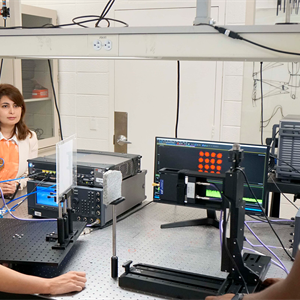
New machine-learning system shapes ultra-high-frequency transmissions to navigate obstacles enabling massive wireless data transf
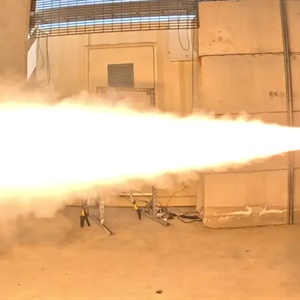
US aerospace company Ursa Major has successfully tested a rocket motor that lets existing small military rockets fly farther without increasing their size.
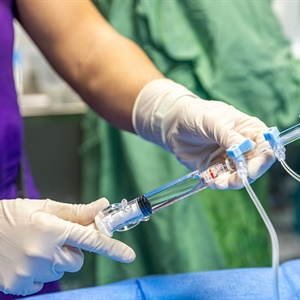
A new AI system designed to cut NHS waiting lists and the amount of admin faced by doctors has been given government backing.
We're about to take you to the IET registration website. Don't worry though, you'll be sent straight back to the community after completing the registration.
Continue to the IET registration site